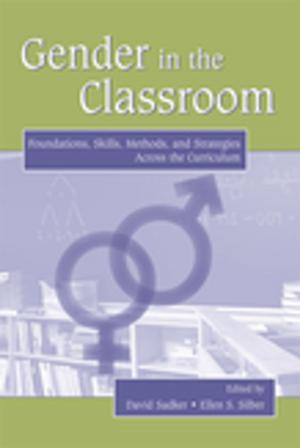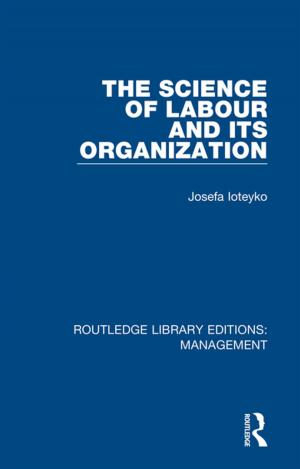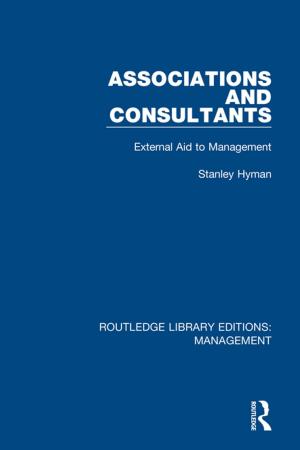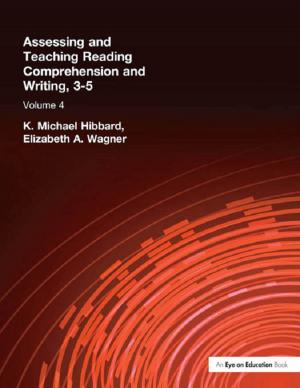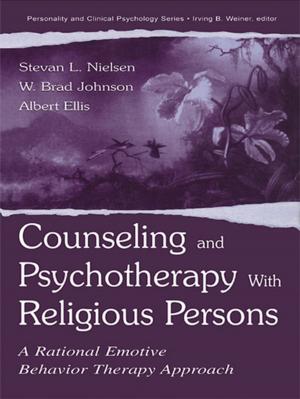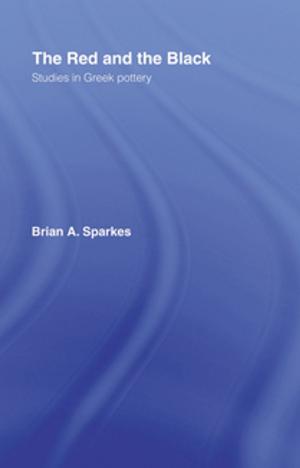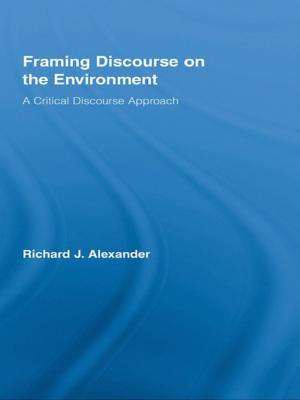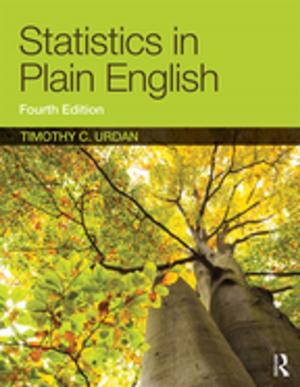Effective Learning after Acquired Brain Injury
A practical guide to support adults with neurological conditions
Nonfiction, Health & Well Being, Psychology, Neuropsychology| Author: | Graham Lowings, Beth Wicks | ISBN: | 9781317597025 |
| Publisher: | Taylor and Francis | Publication: | January 25, 2016 |
| Imprint: | Routledge | Language: | English |
| Author: | Graham Lowings, Beth Wicks |
| ISBN: | 9781317597025 |
| Publisher: | Taylor and Francis |
| Publication: | January 25, 2016 |
| Imprint: | Routledge |
| Language: | English |
Effective Learning After Acquired Brain Injury provides clear guidance on delivering productive educational programmes for adolescents and adults with acquired brain injury (ABI). Written for the non-specialist, the book provides an accessible overview of the neuropsychological deficits resulting from ABI and the ways in which these can affect an individual’s ability to learn and to benefit from educational programmes.
This is the first book of its kind to focus on the adaptation of educational programmes for adults rather than children. The authors explain how to take the results of a neuropsychological assessment as a guide in order to construct a cognitive profile and to create individually tailored educational plans and rehabilitation programmes. They also describe specific strategies that can be taught or utilised, and ways in which they can be set out in a simple plan. The book includes an extensive collection of resources which can be reproduced for the reader’s own use.
Effective Learning After Acquired Brain Injury will be an invaluable resource for general facilitators, clinicians and practitioners who provide educational opportunities in rehabilitation centres for individuals with a variety of neurological conditions, and also for those delivering education in forensic settings. It will maximise the quality of teaching, and the person’s potential to learn, and improve the success rate of rehabilitation programmes and those aimed at reducing offending.
Effective Learning After Acquired Brain Injury provides clear guidance on delivering productive educational programmes for adolescents and adults with acquired brain injury (ABI). Written for the non-specialist, the book provides an accessible overview of the neuropsychological deficits resulting from ABI and the ways in which these can affect an individual’s ability to learn and to benefit from educational programmes.
This is the first book of its kind to focus on the adaptation of educational programmes for adults rather than children. The authors explain how to take the results of a neuropsychological assessment as a guide in order to construct a cognitive profile and to create individually tailored educational plans and rehabilitation programmes. They also describe specific strategies that can be taught or utilised, and ways in which they can be set out in a simple plan. The book includes an extensive collection of resources which can be reproduced for the reader’s own use.
Effective Learning After Acquired Brain Injury will be an invaluable resource for general facilitators, clinicians and practitioners who provide educational opportunities in rehabilitation centres for individuals with a variety of neurological conditions, and also for those delivering education in forensic settings. It will maximise the quality of teaching, and the person’s potential to learn, and improve the success rate of rehabilitation programmes and those aimed at reducing offending.





